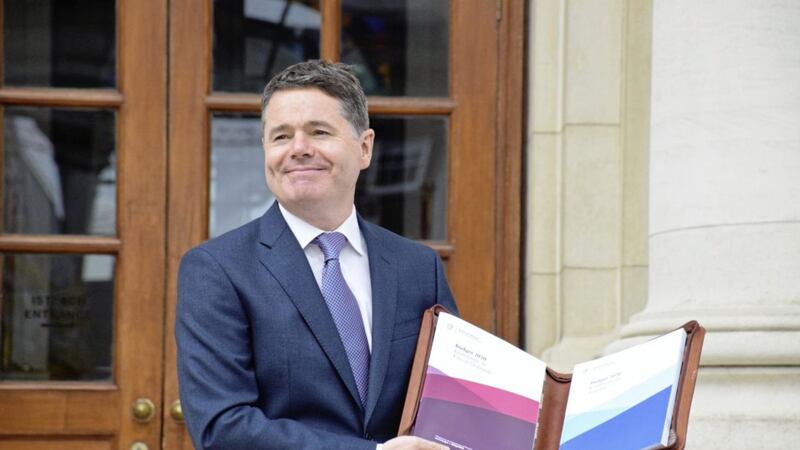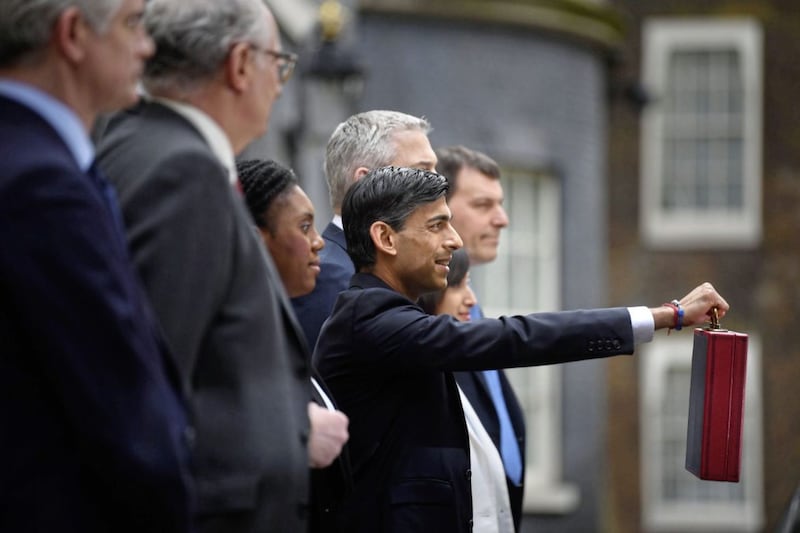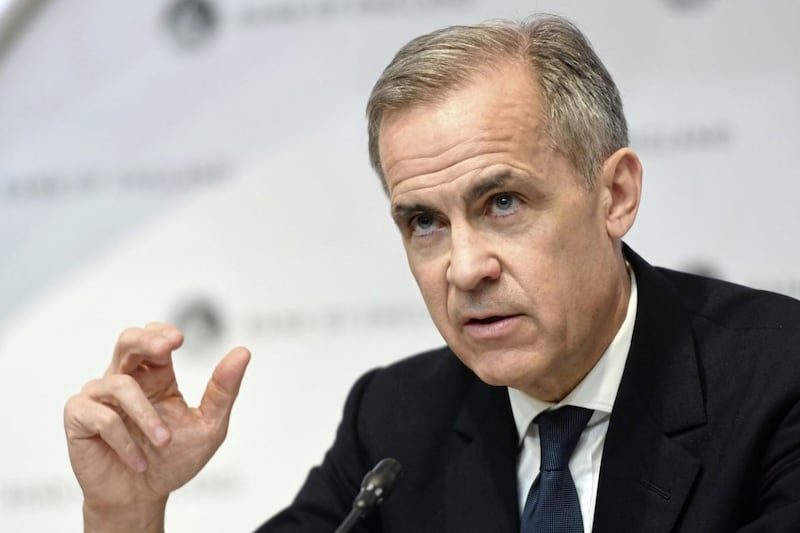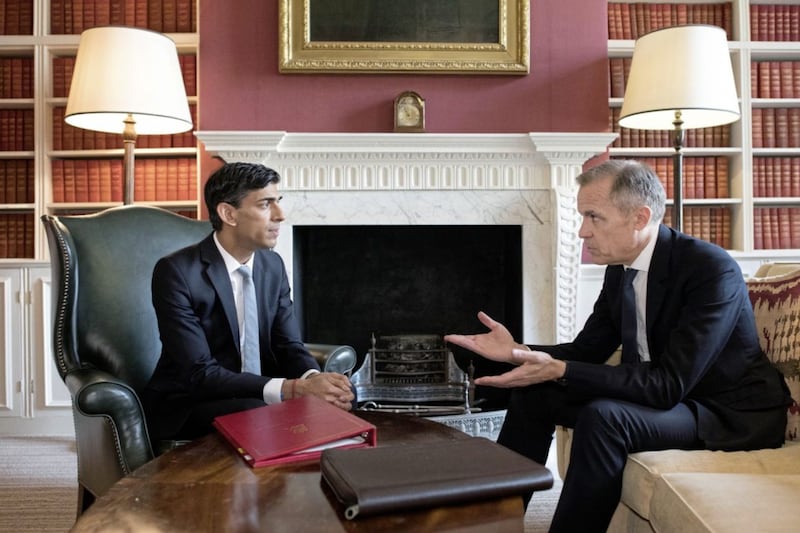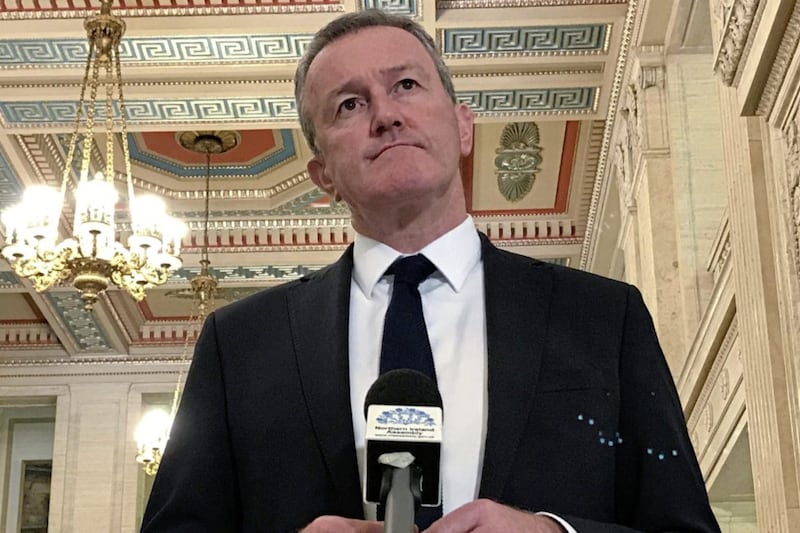THE Irish Government has announced a budget with a €1.2 billion (£1.08bn) fund to help absorb the impact of a no-deal Brexit.
The package includes €650m (£583m) to support the agri-food and tourism sectors.
There will also be €200m (£179m) made available to government departments to increase staffing levels and upgrade airports and ports.
Finance Minister Paschal Donohoe said the budget was "without precedent".
"This is a budget developed in the shadow of Brexit and the context for Brexit has shifted to no deal as our central assumption, this does not mean no deal is inevitable, but equally we stand ready if it does happen," he told the Dáil in Dublin.
"In preparing for no deal we can ensure the Government has the necessary resources to meet the impact of Brexit, keeping our public finances on the credible path they have been on since 2011.
"We must increase the level and range of supports to ensure our economy is protected and this is why we are announcing over €1.2bn, excluding EU funding, to respond to Brexit."
The spending plan is based on the anticipated gloomy financial outlook if the UK leaves with EU without an agreement on October 31.
"A no deal is unpredictable," said the minister. "It will impact different sectors in different ways. Our response will demand flexibility."
The budget also included measures to tackle climate change, including a six euro per tonne hike in carbon tax.
The creation of a Brexit contingency fund has been welcomed by the British-Irish Chamber of Commerce.
“The unprecedented circumstances in which today’s budget was delivered and the lack of knowledge of how key events may unfold means that the Brexit contingency fund is an important protection for business,” said the body’s director general John McGrane.
“However, vigilance will be required by Government to meet the challenges ahead, particularly to ensure the survival of many of our SMEs and agri-food sector.”
Ibec, the group that represents Irish business, also broadly welcomed the package of support to help businesses deal with the uncertainty of Brexit.
“The context of a rapidly growing domestic economy set against the backdrop of Brexit, and international trade tensions, has made Budget 2020 one of the most difficult to formulate in some time.
“The Government has in our view struck the right balance by focusing available resources on those measures which can help insulate the economy from external shocks by investing in critical infrastructure, preparing for Brexit, and improving supports for SMEs.”
However Sinn Féin’s finance spokesperson Pearse Doherty, said the Irish Government had failed to give workers and families a break.
“This Budget could and should have given workers and families a break. It hasn’t.
“It is a budget short on ideas, short on policies, short on solutions. It is a budget that lacks ambition, lacks direction, and lacks hope.”
